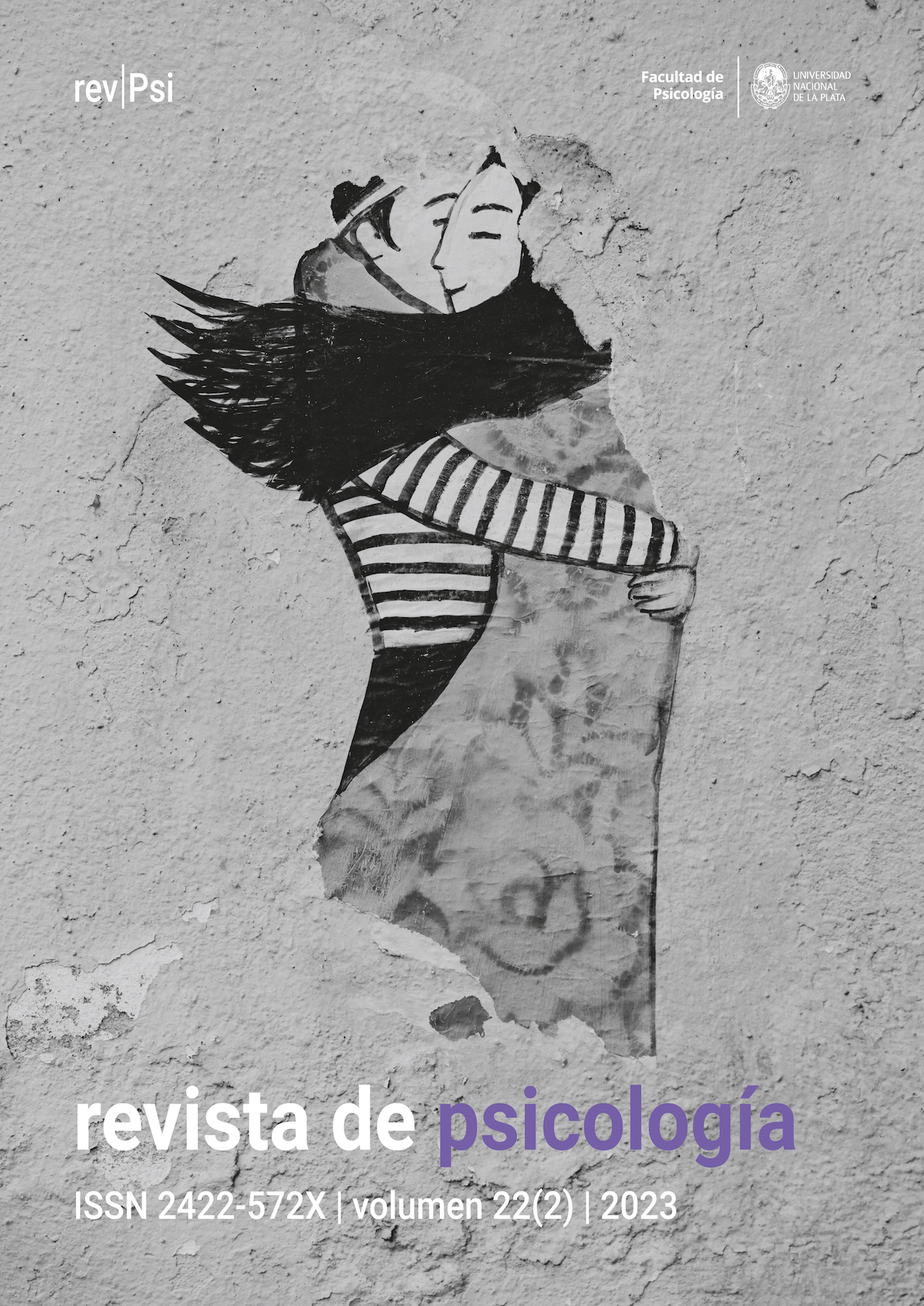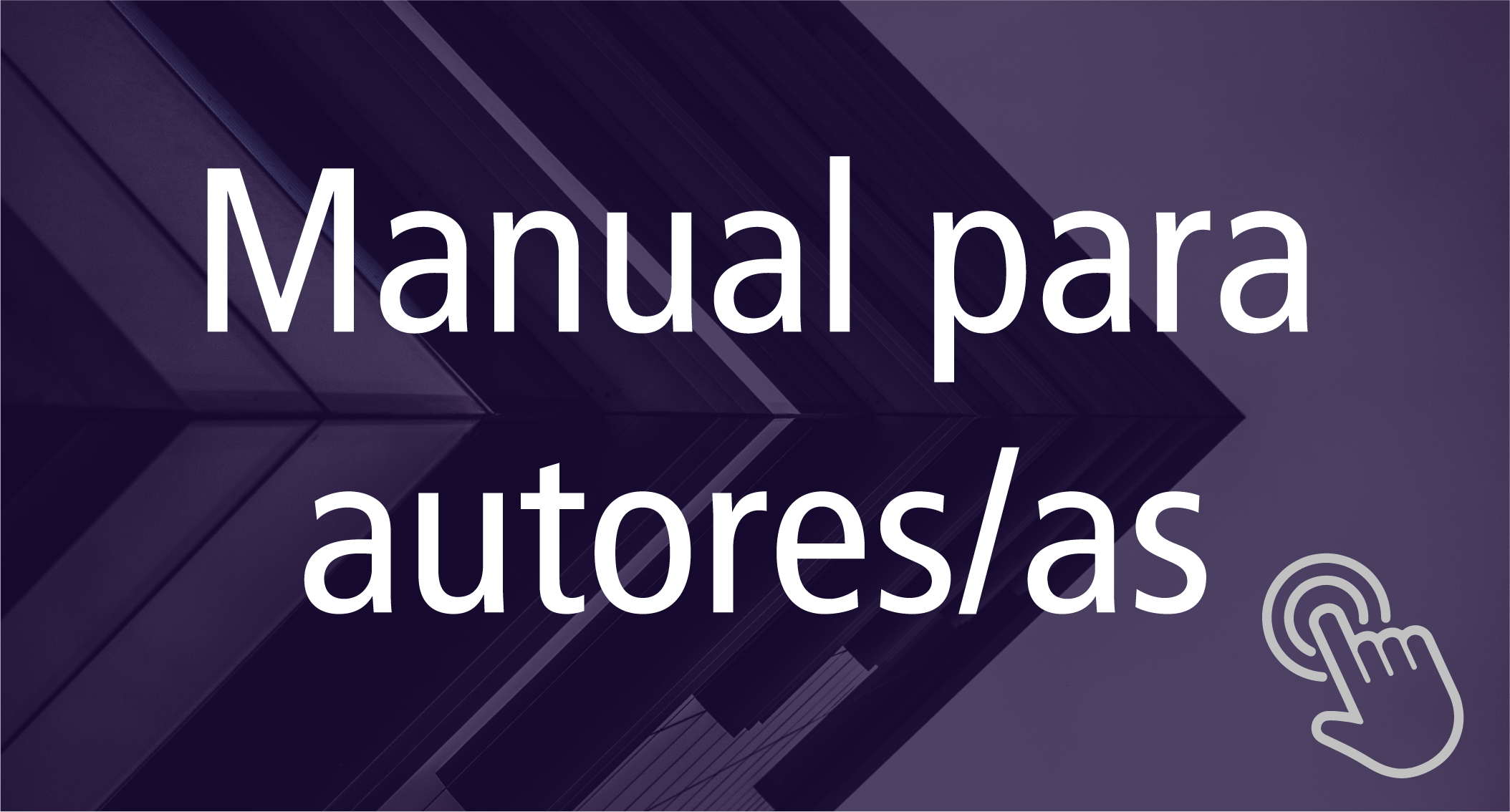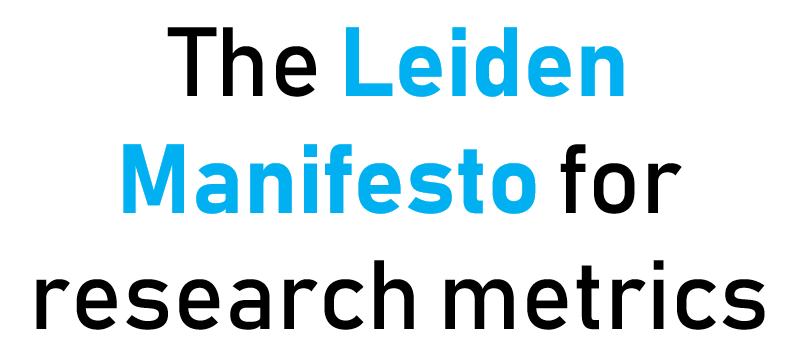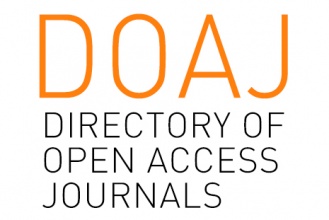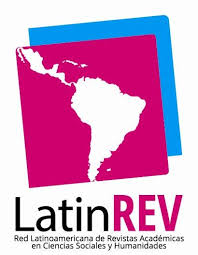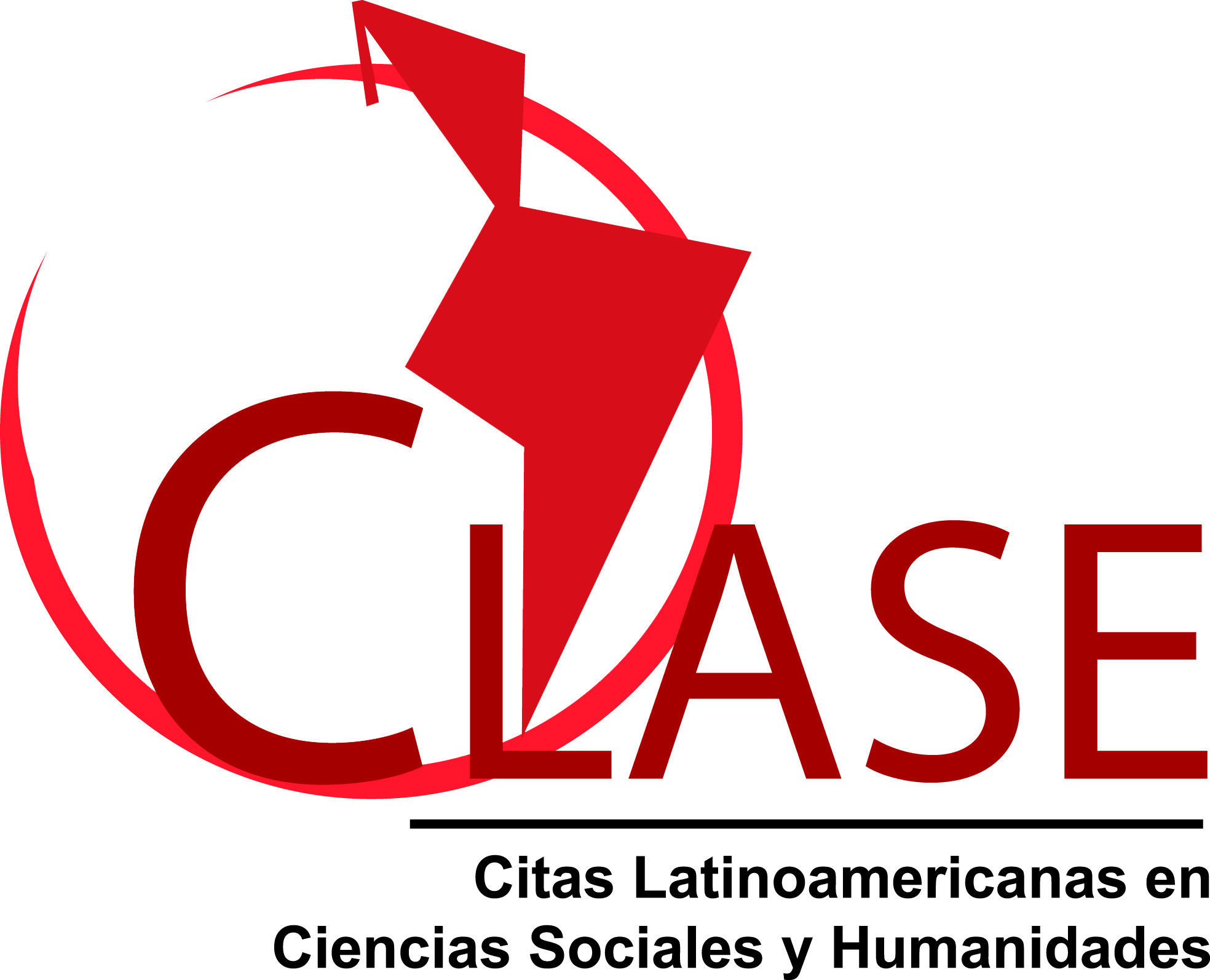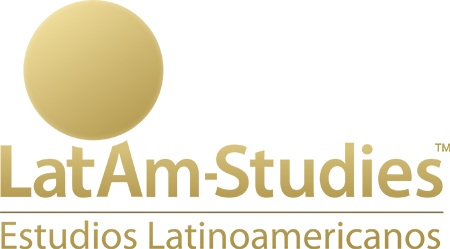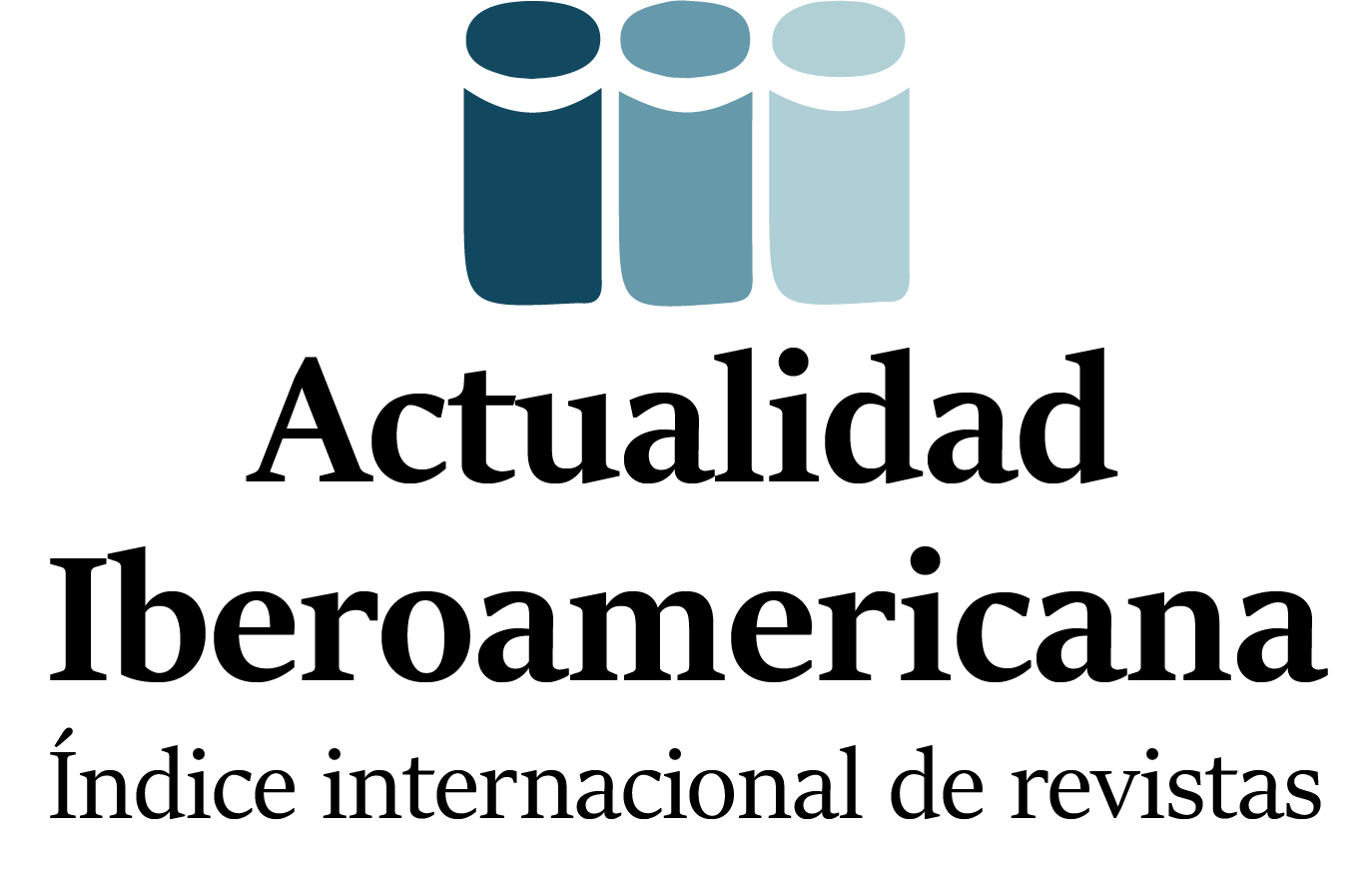Belief bias in deductive reasoning with syllogisms
DOI:
https://doi.org/10.24215/2422572Xe153Keywords:
logic and reasoning, cognitive biases, motivated reasoning, rationality, belief biasAbstract
The aim of this paper is to analyze belief bias in an argument evaluation task. Belief bias has been characterized as the tendency for people to consider valid arguments with believable conclusions and invalid arguments with unbelievable conclusions. We designed and applied a syllogism evaluation task where the response times used to evaluate each argument were recorded, in order to verify certain predictions of mental model theory and dual processes theories. The results show a strong belief bias, more accentuated regarding the evaluation of invalid syllogisms. In relation to the response times, the data obtained are related to dual processes theories, in particular, to the serial model. However, these results contradict the prediction of mental model theory on the increase of latency to evaluate valid syllogisms.
Downloads
Metrics
References
Ball, L., y Thompson, V. (2018). Belief bias and reasoning. En Ball, L. y Thompson, V. (Eds.), The Routledge international handbook of thinking and reasoning (pp. 16-36). Routledge.
Beeson, N., Stupple, E., Schofield, M. B., y Staples, P. (2019). Mental models or probabilistic reasoning or both: reviewing the evidence for and implications of dual-strategy models of deductive reasoning. Psychological Topics, 28(1), 21-35. https://doi.org/10.31820/pt.28.1.2
Brisson, J., de Chantal, P.-L., Lortie-Forgues, H., y Markovits, H. (2014). Belief bias is stronger when reasoning is more difficult. Thinking & Reasoning, 20(3), 385-403. http://dx.doi.org/10.1080/13546783.2013.875942
de Chantal, P.-L., Newman, I. R., Thompson, V., y Markovits, H. (2020). Who resists belief-biased inferences? The role of individual differences in reasoning strategies, working memory, and attentional focus. Memory & Cognition, 48(4), 655-671. https://doi.org/10.3758/s13421-019-00998-2
De Neys, W. (2012). Bias and conflict: A case for logical intuitions. Perspectives on Psychological Science, 7(1), 28-38. https://doi.org/10.1177/1745691611429354
Evans, J. St. B. T. (2017). Belief bias in dedutive reasoning. En Pohl, R. F. (Ed.) Cognitive illusions: Intriguing phenomena in thinking, Judgment and memory (pp. 165-181). Routledge.
Evans, J. St. B. T. (2019). Reflections on reflection: The nature and function of type 2 processes in dual-process theories of reasoning. Thinking & Reasoning, 25(4), 383-415. https://doi.org/10.1080/13546783.2019.1623071
Evans, J. St. B. T., Barston, J., y Pollard, P. (1983). On the conflict between logic and belief in syllogistic reasoning. Memory & Cognition, 11(3), 295-306. https://doi.org/10.3758/BF03196976
Evans, J. St. B. T., y Curtis-Holmes, J. (2005). Rapid responding increases belief bias: Evidence for the dual-process theory of reasoning. Thinking & Reasoning, 11(4), 382-389. https://doi.org/10.1080/13546780542000005
Evans, J. St. B. T., Handley, S. J., y Harper, C. (2001). Necessity, possibility and belief: A study of syllogistic reasoning. The Quarterly Journal of Experimental Psychology, 54A(3), 935-958. http://dx.doi.org/10.1080/713755983
Evans, J. St. B. y Stanovich, K. (2013) Dual-process theories of higher cognition: Advancing the debate. Perspectives on Psychological Science, 8(3), 224-241. http://doi.org/10.1177/1745691612460685
Hardman, D., y Payne, S. (1995). Problem difficulty and response format in syllogistic Reasoning. The Quarterly Journal of Experimental Psychology, 48A(4), 945-975. https://doi.org/10.1080/14640749508401424
Keren, G. y Schul, Y. (2009). Two is not always better. A critical evaluation of two-system theories. Perspectives on Psychological Science, 4(6), 533-550. https://doi.org/10.1111/j.1745-6924.2009.01164.x
Klauer, K., Musch, J., y Naumer, B. (2000). On belief bias in syllogistic reasoning. Psychological Review, 107(4), 852-884. https://doi.org/10.1037/0033-295X.107.4.852
Kruglanksi, A. y Gigerenzer, G. (2011). Intuitive and deliberate judgments are based on common principles. Psychological Review, 118(1), 97-109.
Lo, S. y Andrews, S. (2015) To transform or not to transform: using generalized linear mixed models to analyse reaction time data. Frontiers in Psychology, 6, 1171-1187. https://doi.org/10.3389/fpsyg.2015.01171
Macchi, L., Poli, F., Caravona, L., Vezzoli, M., Franchella, M., y Bagassi, M. (2019). How to get rid of the belief bias: boosting analytical thinking via pragmatics. Europe’s Journal of Psychology, 15(3), 595-613. https://doi.org/10.5964/ejop.v15i3.1794
Markovits, H., Brunet, M.-L., Thompson, V., y Brisson, J. (2013). Direct evidence for a dual process model of deductive inference. Journal of Experimental Psychology: Learning, Memory and Cognition, 39(4), 1213-1222. https://doi.org/doi: 10.1037/a0030906
Morley, N. J., Evans, J. St. B. T., y Handley, S. J. (2004). Belief bias and figural bias in syllogistic reasoning. The Quarterly Journal of Experimental Psychology, 57A(4), 666-692. https://doi.org/10.1080/02724980343000440
Newstead, S. E., Pollard, P., Evans, J. S. B. T., y Allen, J. L. (1992). The source of belief bias effects in syllogistic reasoning. Cognition, 45, 257-284. https://doi.org/10.1016/0010-0277(92)90019-E
Robison, M. K., y Unsworth, N. (2017). Individual differences in working memory capacity and resistance to belief bias in syllogistic reasoning. The Quarterly Journal of Experimental Psychology, 70(8), 1471-1484. http://dx.doi.org/10.1080/17470218.2016.1188406
Šrol, J., y De Neys, W. (2020). Predicting individual differences in conflict detection and bias susceptibility during reasoning. Thinking & Reasoning. https://doi.org/10.1080/13546783.2019.1708793
Stupple, E., y Ball, L. (2008). Belief – logic conflict resolution in syllogistic reasoning: Inspection-time evidence for a parallel-process model. Thinking & Reasoning, 14(2), 168-181. https://doi.org/10.1080/13546780701739782
Stupple, E., Ball, L., Evans, J. St. B. T., y Kamal-Smith, E. (2011). When logic and belief collide: Individual differences in reasoning times support a selective processing model. Journal of Cognitive Psychology, 23(8), 931-941. http://dx.doi.org/10.1080/20445911.2011.589381
Thompson, V., Striemer, C., Reikoff, R., Gunter, R., y Campbell, J. (2003). Syllogistic reasoning time: Disconfirmation disconfirmed. Psychonomic Bulletin & Review, 10(1), 184-189. https://doi.org/10.3758/BF03196483
Trippas, D., Thompson, V., y Handley, S. J. (2017). When fast logic meets slow belief: Evidence for a parallel-processing model of belief bias. Memory & Cognition, 45(4), 539-552. https://doi.org/10.3758/s13421-016-0680-1
Whelan, R. (2008) Effective analysis of reaction time data. The Psychological Record, 58(3), 475-482. https://doi.org/10.1007/BF03395630
Downloads
Published
How to Cite
Issue
Section
License
Copyright (c) 2022 Alba Massolo, Mariel Traversi

This work is licensed under a Creative Commons Attribution 4.0 International License.
![]()
Authors who publish in this journal accept the following conditions:
- Authors retain the copyright and assign the right of first publication to the journal, with the work registered under a Creative Commons attribution license (CC-BY), which allows third parties to use what is published whenever they mention the authorship of the work and the first publication in this magazine.
- Authors can make other independent and additional contractual agreements for the non-exclusive distribution of the article published in this journal (e.g., include it in an institutional repository or publish it in a book) as long as they clearly indicate that the work was published for the first time in this magazine.
- Authors are allowed and encouraged to publish their work on the Internet (e.g., on institutional or personal webpages) before and during the review and publication process, as it can lead to productive exchanges and greater and faster dissemination of published work (see The Effect of Open Access ).

